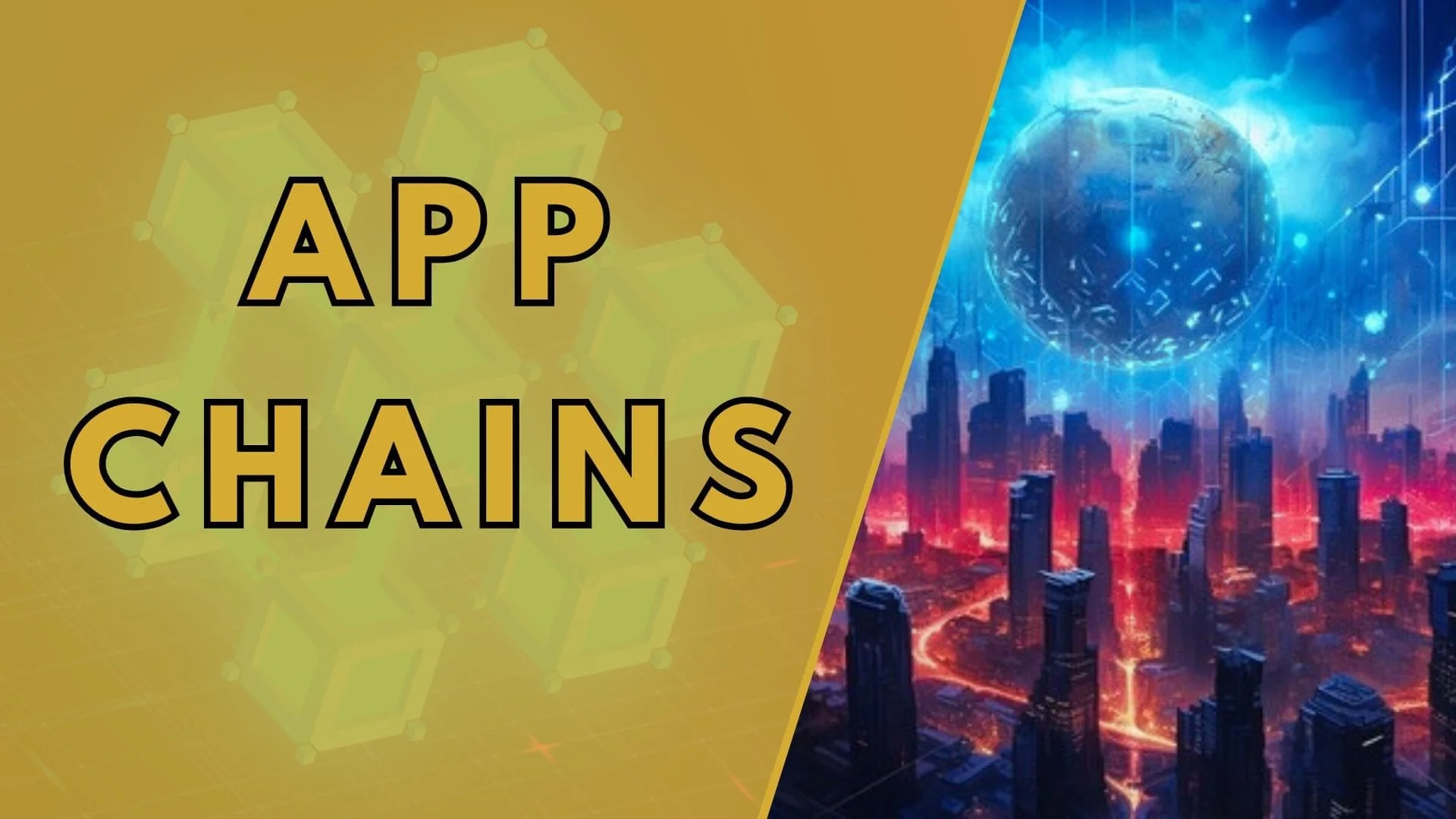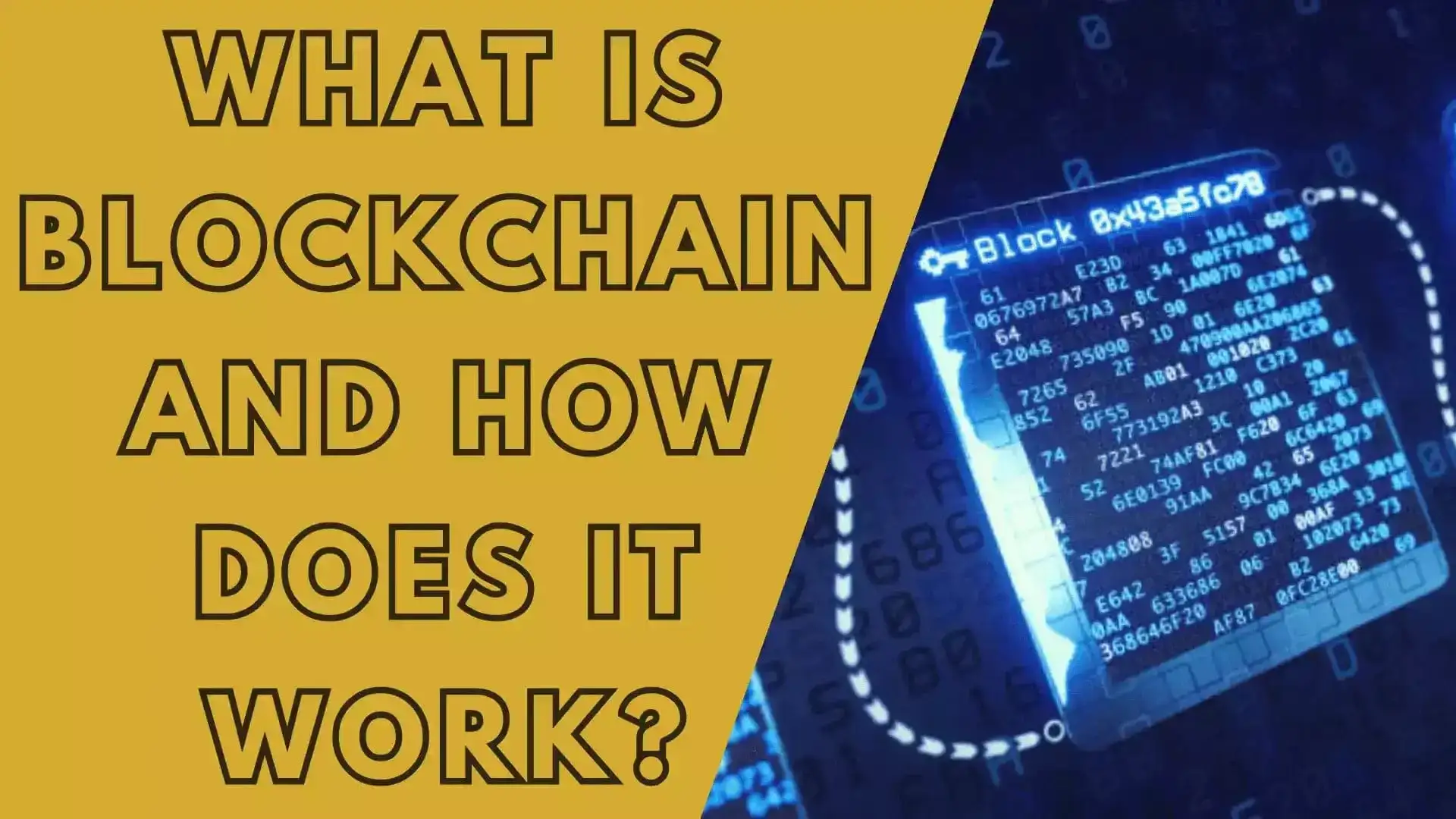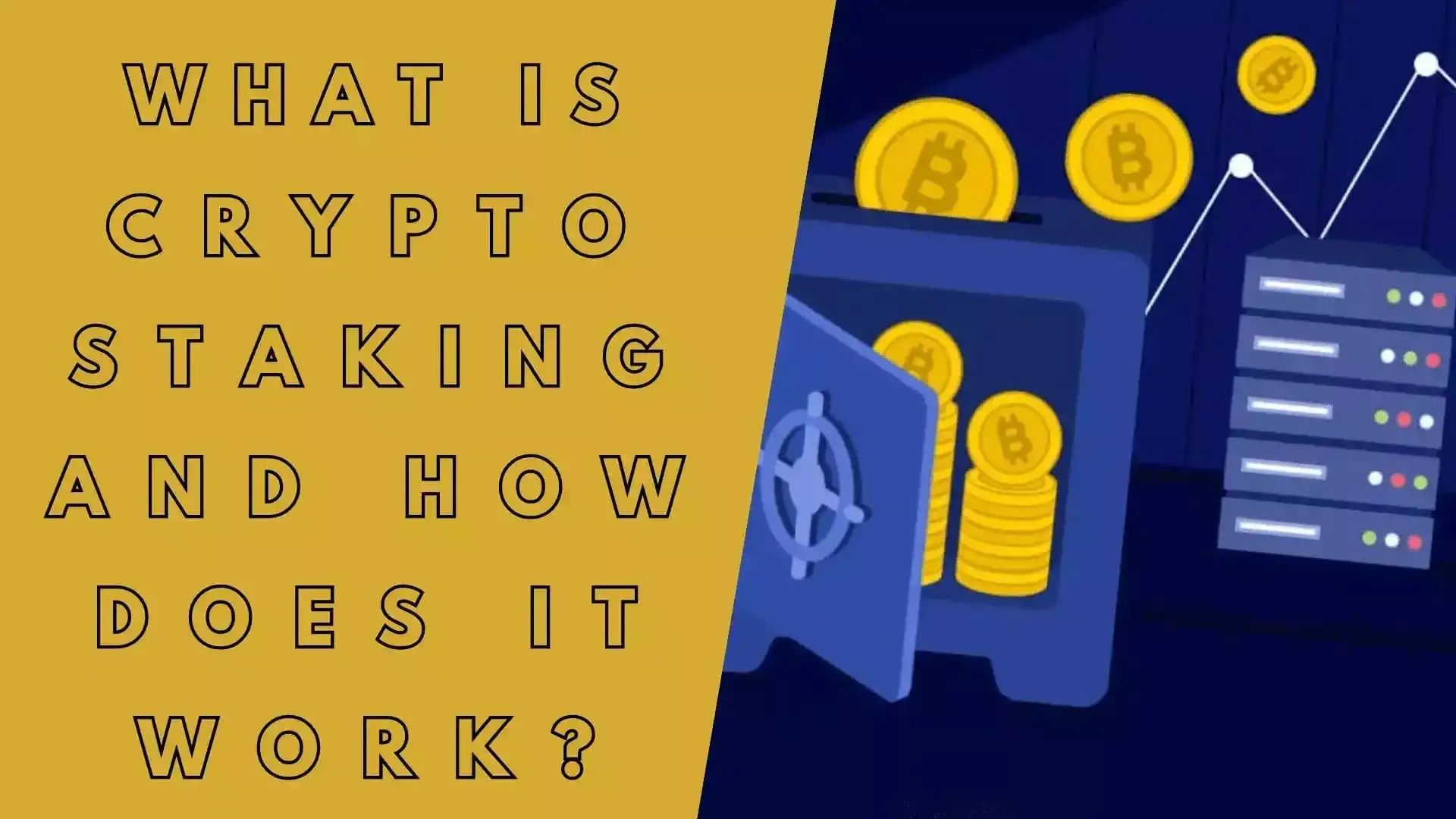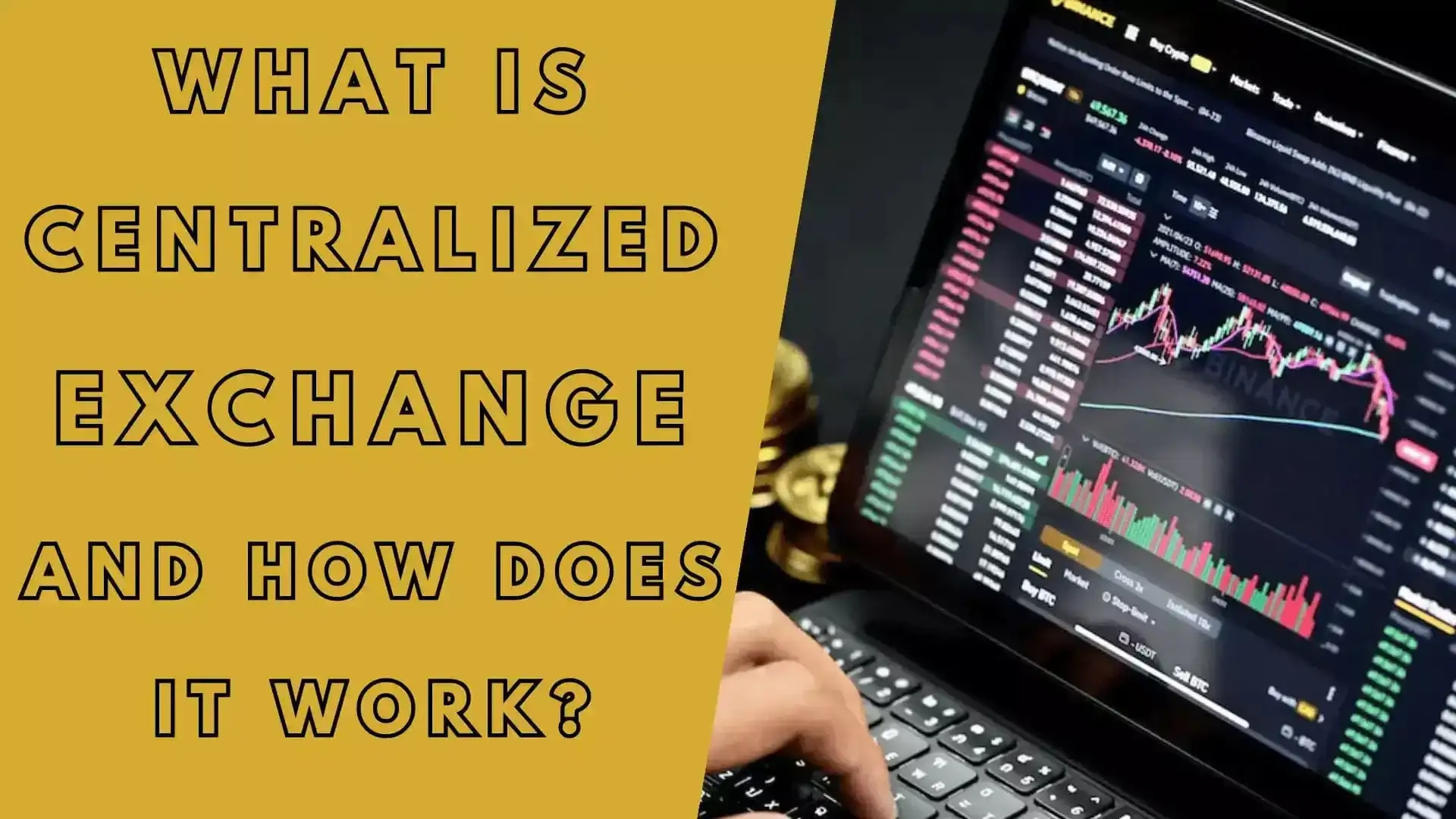Understanding Appchains: The Rise of Application-Specific Blockchains
In the ever-evolving landscape of blockchain technology, a novel concept has emerged, promising to revolutionize the way decentralized applications (dApps) are built and operated. Appchains, short for Application-Specific Blockchains, represent a paradigm shift in blockchain architecture, tailored specifically to the needs of individual applications. This article delves into the intricacies of Appchains, exploring their definition, characteristics, benefits, and potential applications.

Posted on 30 Apr 2024
Definition of Appchains:
Appchains, also referred to as Application-Specific Blockchains, are blockchain networks designed to cater to the requirements of a particular decentralized application or a set of related applications. Unlike traditional blockchains like Bitcoin or Ethereum, which aim to serve a broad range of use cases, Appchains are customized to optimize performance, scalability, and functionality for specific applications.
Key Characteristics of Appchains:
- Purpose-Built: Appchains are purpose-built to serve the unique demands of specific applications, such as gaming, finance, supply chain management, or social networking. This tailored approach allows developers to optimize various parameters, including consensus mechanisms, smart contracts functionalities, and network architecture, to better suit the targeted use case.
- Isolation: Each Appchain operates independently, with its own set of rules, consensus mechanisms, and governance structures. This isolation ensures that the performance and security of one application are not compromised by activities occurring on other Appchains or the main blockchain network.
- Scalability: By focusing on a specific application or a niche set of use cases, Appchains can achieve higher scalability compared to general-purpose blockchains. Throughput, transaction speed, and network capacity can be optimized to accommodate the anticipated workload of the targeted application, enabling smoother user experiences and higher throughput.
- Interoperability: While Appchains are designed to operate independently, they can also interoperate with other blockchain networks and protocols. Interoperability protocols and standards allow for seamless communication and value exchange between different Appchains and the broader blockchain ecosystem, enhancing flexibility and interoperability.
Benefits of Appchains:
- Performance Optimization: By tailoring the blockchain architecture to the specific requirements of an application, Appchains can deliver enhanced performance, lower latency, and improved user experience compared to generic blockchain platforms.
- Enhanced Security: The isolation of each Appchain reduces the attack surface and minimizes the potential impact of security breaches or vulnerabilities. Furthermore, custom consensus mechanisms and governance models can be implemented to enhance security and resilience against various threats.
- Customizable Governance: Appchains offer developers greater control over governance processes, enabling them to define rules, protocols, and decision-making mechanisms that align with the needs and objectives of the application and its community.
- Ecosystem Growth: By providing a dedicated infrastructure for specific applications, Appchains foster innovation and ecosystem growth within targeted industries or use case domains. Developers and entrepreneurs can focus on building and improving applications without being constrained by the limitations of generic blockchain platforms.
Potential Applications of Appchains:
- Gaming: Appchains can revolutionize the gaming industry by offering scalable, high-performance infrastructure for decentralized gaming platforms, in-game asset management, and peer-to-peer gaming experiences.
- Finance and DeFi: Appchains can power decentralized finance (DeFi) applications, including lending and borrowing protocols, decentralized exchanges (DEXs), and asset management platforms, with tailored features for financial transactions and smart contract functionalities.
- Supply Chain Management: Appchains can streamline supply chain management processes by providing transparent and secure platforms for tracking and tracing goods, verifying product authenticity, and automating supply chain interactions through smart contracts.
- Social Networking: Appchains can enable decentralized social networking platforms with enhanced privacy, data ownership, and content monetization features, empowering users to control their online identities and interactions.
Conclusion
Appchains represent a new frontier in blockchain technology, offering a tailored approach to building decentralized applications with improved performance, scalability, and security. As the adoption of blockchain technology continues to expand across various industries, Appchains are poised to play a pivotal role in driving innovation and facilitating the mainstream adoption of decentralized applications. With their customizable architecture, enhanced functionality, and potential for ecosystem growth, Appchains are set to reshape the future of decentralized application development and usher in a new era of blockchain-powered innovation.





